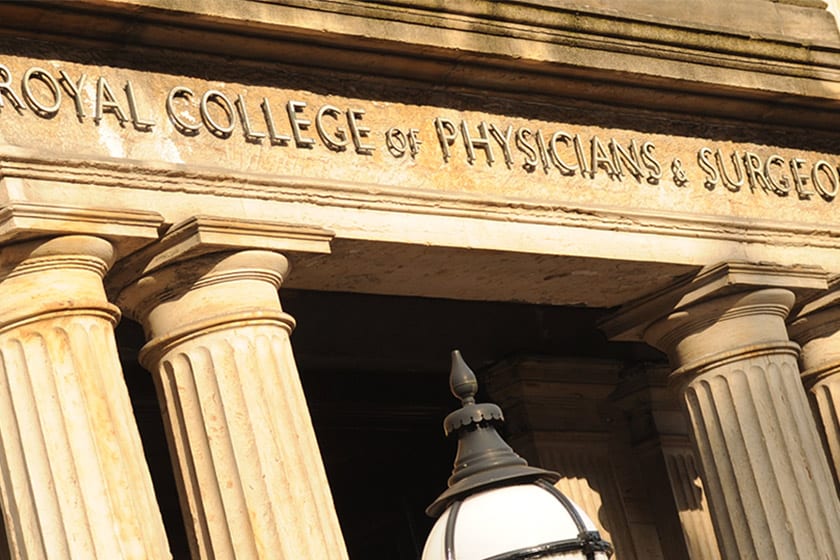Delivery of emergency care needs to take priority
26 Mar 2015
On 16 July, the Secretary of State announced plans to reform consultant contracts to ensure the majority of hospital doctors working in NHS England are on seven day contracts by 2020.

On 16 July, the Secretary of State announced plans to reform consultant contracts to ensure the majority of hospital doctors working in NHS England are on seven day contracts by 2020. The NHS is a 24 hour a day, seven day a week service, and staff working across our hospitals perform an outstanding job delivering the highest standards of care in what are often difficult circumstances.
A number of studies have shown that patients admitted to hospital over the weekend have poorer outcomes than those admitted during the week. The reasons for this are complex and involve a number of variables. It is of paramount importance that patients requiring urgent care receive the same standards of care and support and expect the same outcomes regardless of the day of the week or time of the day. This Royal College believes that the optimum delivery of emergency care should be the priority of any extension in hospital services and that extension of elective work over the weekends could direct vital resources away from the key area of emergency care.
President of the College Professor Frank Dunn CBE wrote to the Prime Minister in May 2015 expressing the College’s support for equality of healthcare in the emergency setting but concern regarding extending this to elective care. A survey of our members has demonstrated the commitment among hospital medical staff to seven day working. However, it is also clear that there are different levels of support services available during weekdays and at weekends. This includes administrative staff, portering services, access to investigations and primary care and community support. In addressing the issue of equity of care at the weekend, all of these factors need to be taken into account.
In his letter, Professor Dunn said, "This involves a wide range of areas right from primary care and social work through to the intensive care unit. Everybody who works in the health service appreciates the need to work at weekends, but to try and deliver elective healthcare in primary and secondary care would be, in my opinion, a step too far. It will redirect resources from the key area of emergency care."
Healthcare staff provide an outstanding service often in difficult circumstances. They too have major commitments within their family and personal lives, which must be respected when considering extension of hospital services.
The resources involved in providing elective services in primary and secondary care are substantial in terms of both staffing and finance. Neither of these are achievable in the current climate of the NHS.
The College is currently working with the Scottish Government to support the enhancement of seven day services for unscheduled admissions in Scotland. As we also have a significant constituency elsewhere in the UK, we are committed to provide advice and support throughout the four nations in this important area.
Latest news and statements
Key priority areas
Topics
- Workforce
- Wellbeing
- Equality, Diversity and Inclusion
- Climate Change
- Health Inequalities
- College
- Obesity
- COVID-19
Archive
Key links
Tweets by @rcpsglasgow